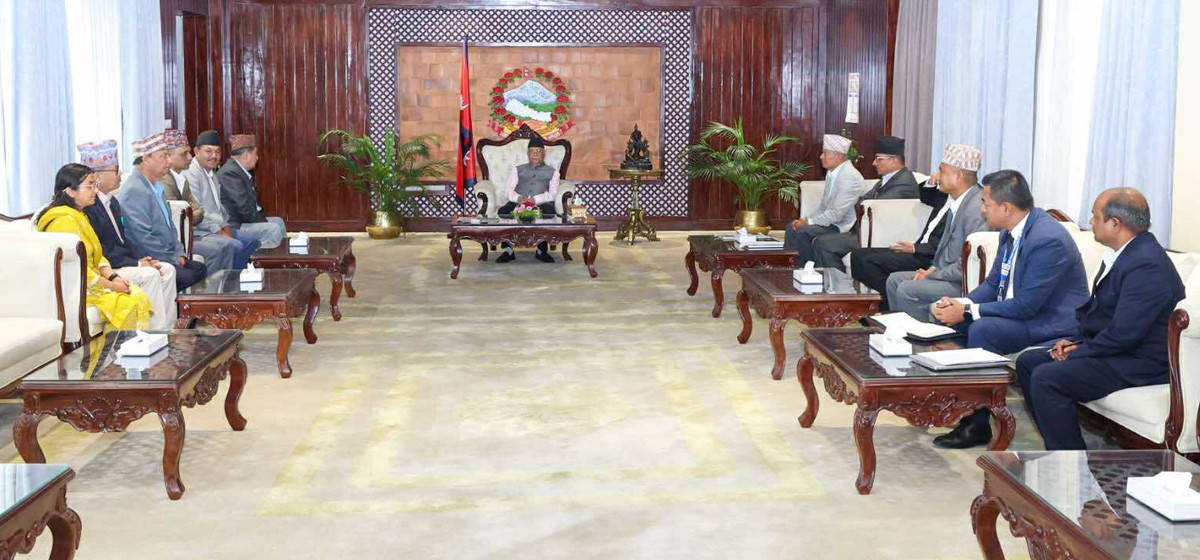DANG/RUKUM, Jan 10: Eleven years ago, Mohan KC of Rukum, Banfikot purchased eight ropanis of land from another local Tirtharaj Sharma for Rs 80,000. As the land was passed by the then 'people's government' of Maoist rebels, KC had expected that he won't have to pay tax for the land. To his disappointment, he was handed over with a small chit of paper by one of the Maoist cadres asking him to pay Rs 5,000 for the registration of land.
"I have no idea, why I had to pay that five thousand and I could not even dare to ask them," said KC.
Even after doing so, KC has still not been able to owe the land legally. The person selling the land is yet to pass it to KC as per the legal system. Now, that the people's government is no longer effective, the transaction that took place then holds not guarantee for KC's legal rights.
"I had no idea that the tax submitted to the Maoists would put me in this trouble," laments KC. He often has sleepless nights due to the fear of losing his land.
Similarly, another local Shashiram Rijal had also bought a piece of land during the conflict era. He also had to submit 2 % of the total amount of the land to the Maoists as registration charge.
Way to solve India-Nepal border dispute

"I had bought the land for Rs 35,000 for which I had to pay 2 % tax to the Maoist government," said Rijal. According to him, locals had to pay the same amount of tax to the Land Revenue Office for legally owning the land.
During the conflict era, no one could knock the door of the District Court or other government office for land procurement. In case if anyone dared to do so, they used to be punished by the Maoists. "If the Maoists found anyone passing their land through the Land Revenue Office, they were fined anything between to Rs 10,000 to Rs 12,000,' informed Bam Bahadur KC, another local.
Surprisingly, no one knew why the 'people's government' collected the money and where was it used or invested. "We only charged a little amount for the land procurement which was far more less than the amount charged by the government," claimed Purna Bahadur Gharti, former chief of the people's government in Dang, adding, "But, we don't have the exact details of the amount taken."
The people's government had started ruling the local units in the Maoist stronghold from 1999. In 2000, the Maoists formulated rules and policies to govern the local units. According to former chief Gharti, during war time, many government offices were shut down while some were displaced.
"People were struggling for government services in absence of the local units. Which is why we had to form the 'people's government'," Ghari said. He further informed that such government worked for the welfare and justice of the people.
Asked about the tax collected arbitrarily, Gharti claimed that the amount was used for the welfare of the party and its members. According to him, a large amount of the money was invested for building Sahid gate in tribute of the martyrs who lost their lives during the war.
Gharti got elected to the Provincial Assembly from Province 2 during the recent elections. As many people like KC and Rijal are living with fear of losing their lands, this issue has turned into a heated debate in the recent days.





































